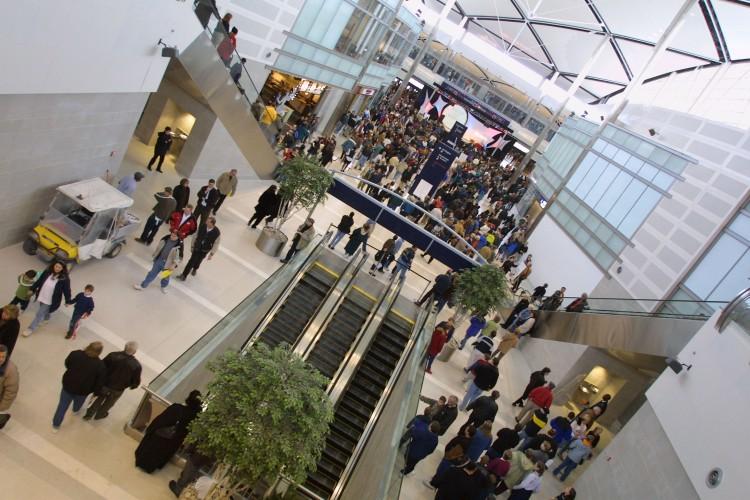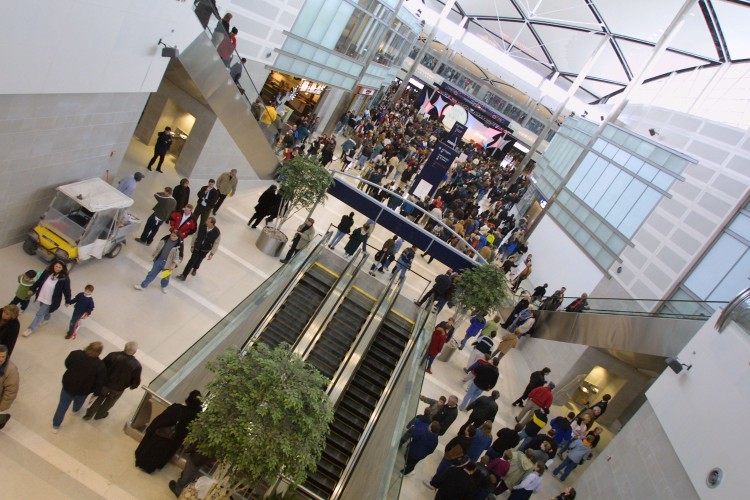Air traffic controllers, safety inspectors, and other aviation personnel are speaking out about industry issues that they say present safety concerns. But according to a government watchdog, management isn’t responding as promptly as it should.
Whistle-blowers at Detroit’s Metropolitan Airport complained for years of conflicting departure procedures, which nearly led to a disaster in December 2009. Carolyn Lerner, head of the U.S. Office of Special Council (OSC), says that more than two years later the issue is far from resolved.
At a news conference this week, Lerner showed footage of the near-collision to illustrate the need for greater oversight at the Federal Aviation Administration (FAA), and not just in Detroit. Lerner cited a series of “troubling safety disclosures” from FAA employees from across the country, and repeated failures to address the issues in a timely manner.
In a letter to Congress and the White House, Lerner details the seven most recent reports in which FAA employees came forward with either procedural or technical concerns that compromised safety. In more than half of these cases, she writes that whistle-blowers were forced to file repeat disclosures with the OSC when they saw that enough wasn’t being done to resolve issues.
“I’m not saying U.S. aviation is unsafe,” Lerner clarified, carefully characterizing the U.S. aviation system as the “safest in the world.” But she stressed that several cases emerging from the past five years “paint a picture of an agency with insufficient responsiveness given its critical public safety mission.”







